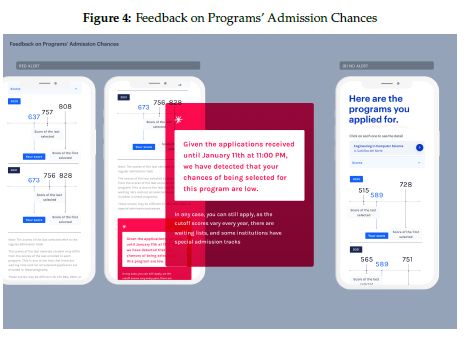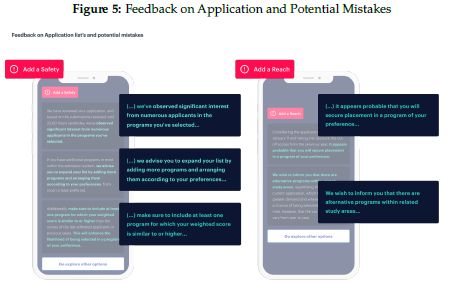Michael Eddy
@michaeleddy.bsky.social
380 followers
340 following
120 posts
Helping put social science to use for society at Stanford Impact Labs
Twitter: @michaeleddy 🏳️🌈
Posts
Media
Videos
Starter Packs
Reposted by Michael Eddy
Michael Eddy
@michaeleddy.bsky.social
· Sep 4
Michael Eddy
@michaeleddy.bsky.social
· Aug 27

College Application Mistakes and the Design of Information Policies at Scale
Founded in 1920, the NBER is a private, non-profit, non-partisan organization dedicated to conducting economic research and to disseminating research findings among academics, public policy makers, an...
www.nber.org
Michael Eddy
@michaeleddy.bsky.social
· Aug 27
Michael Eddy
@michaeleddy.bsky.social
· Aug 27
Michael Eddy
@michaeleddy.bsky.social
· Aug 27
Michael Eddy
@michaeleddy.bsky.social
· Aug 18













